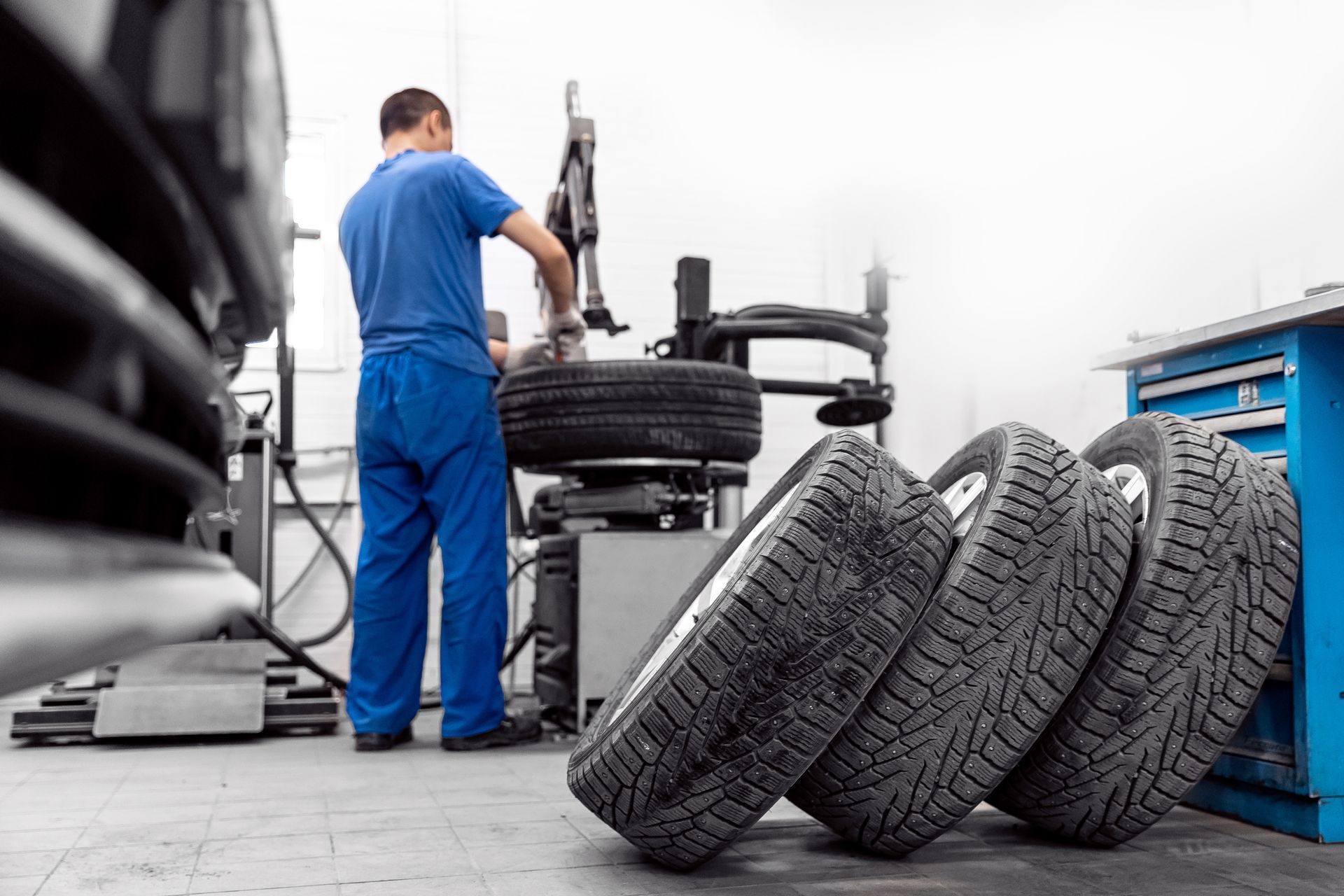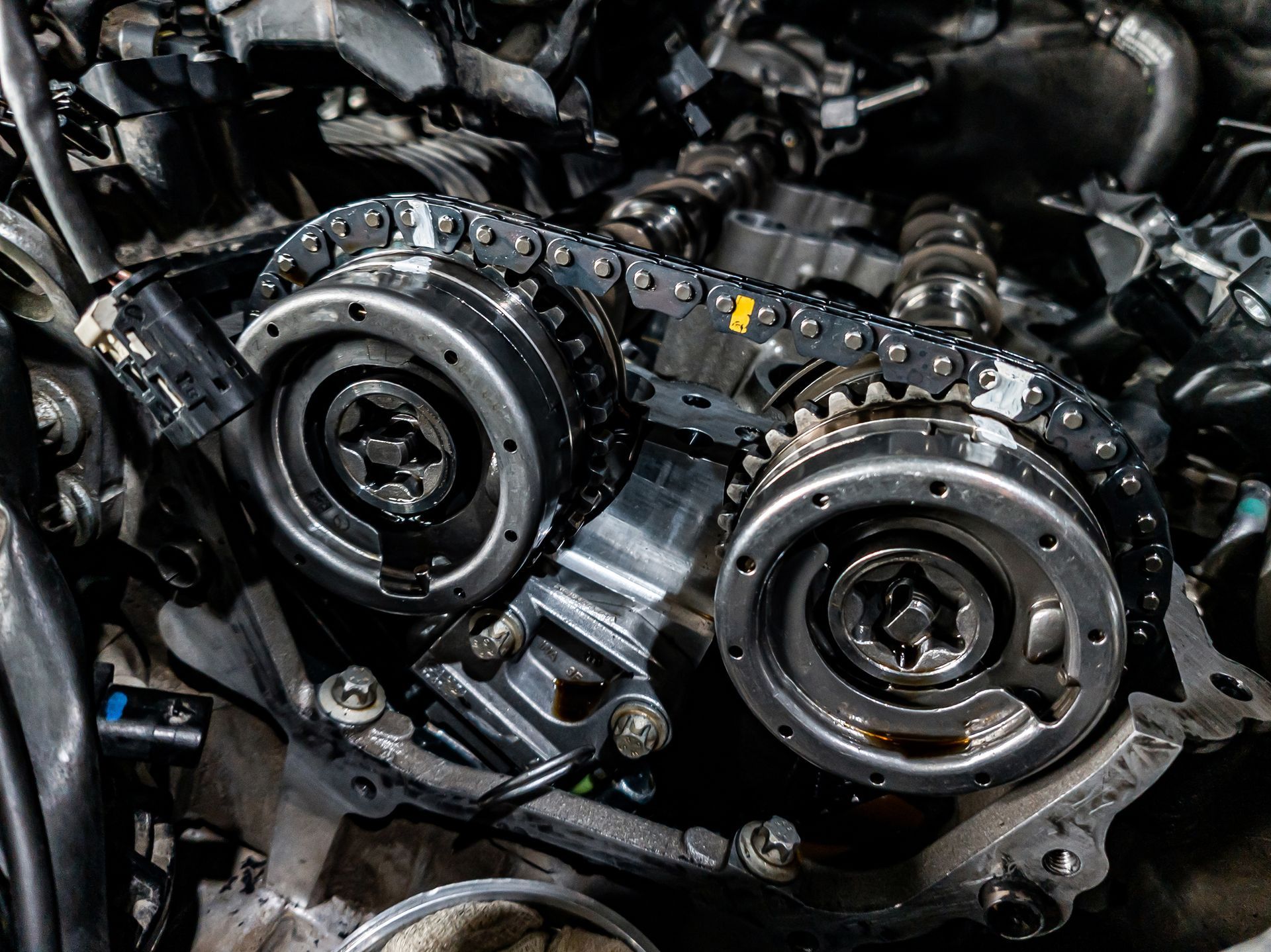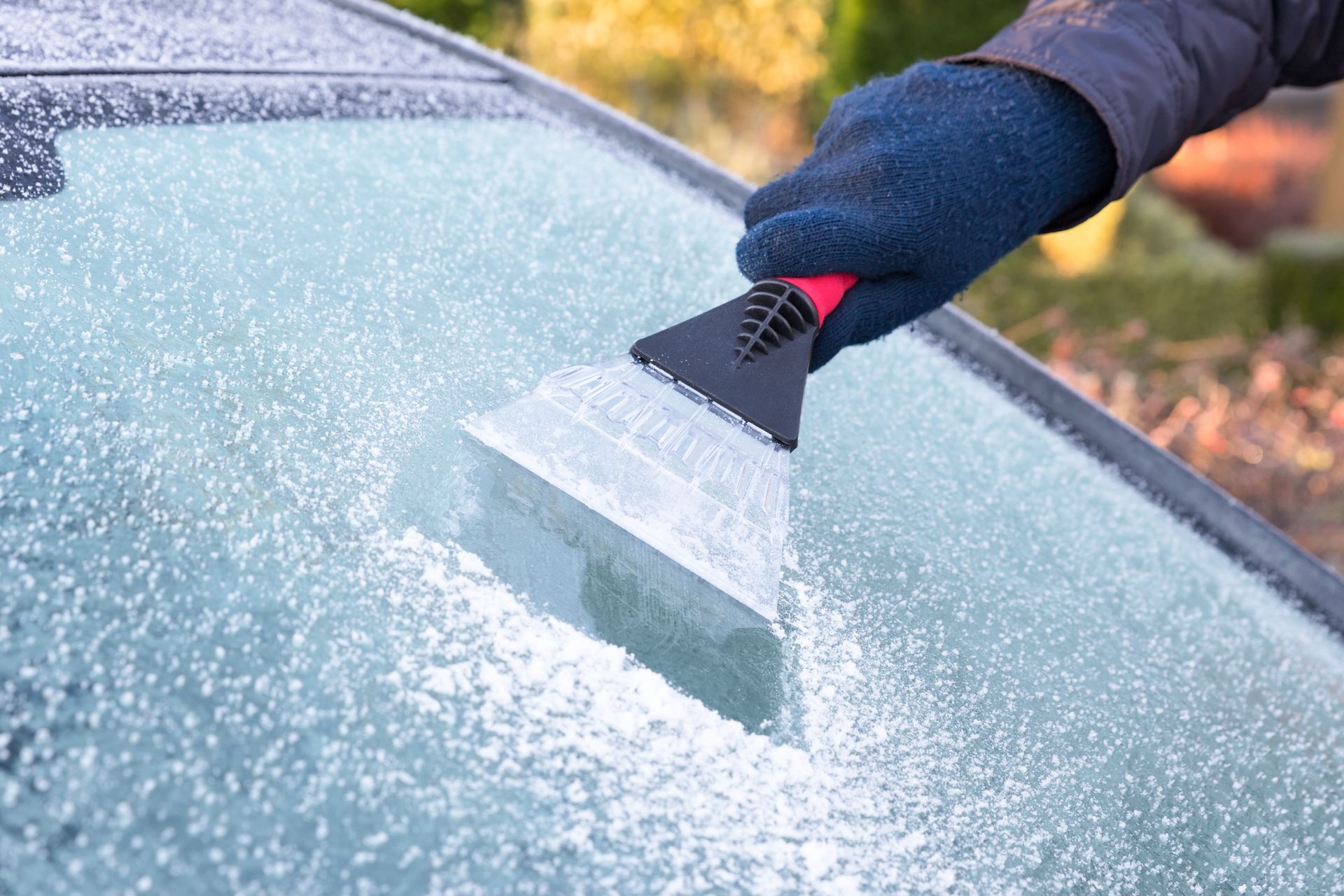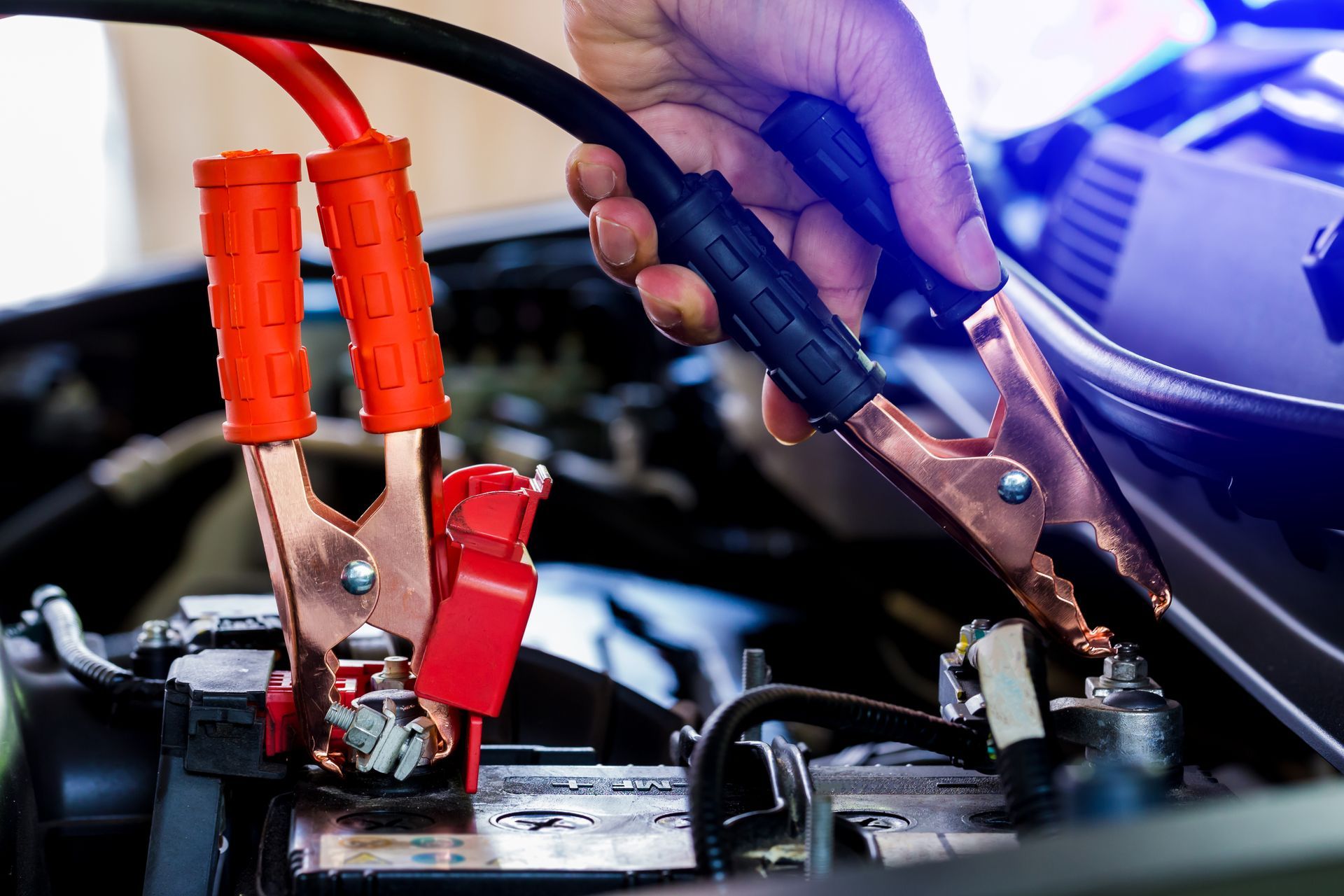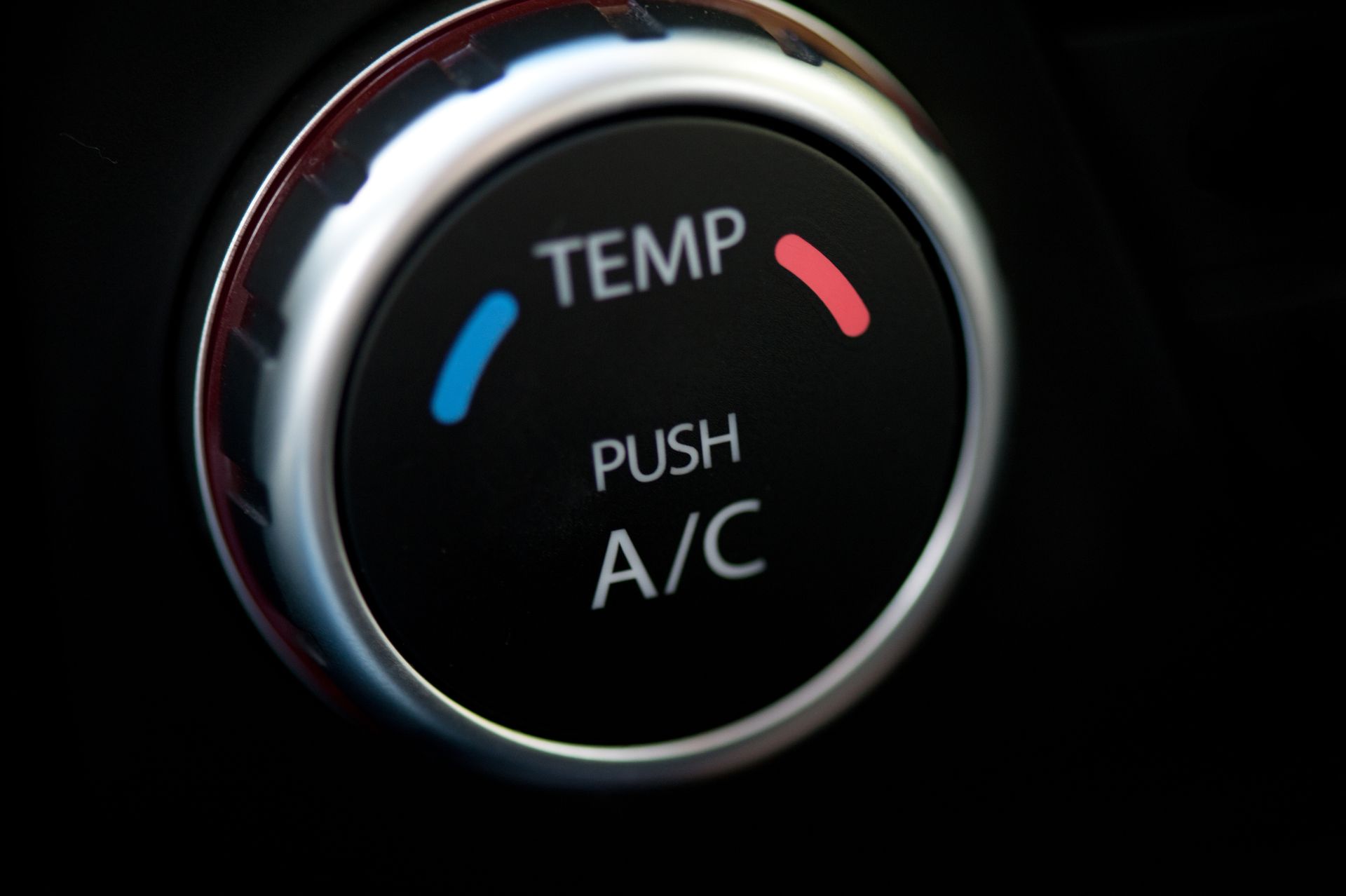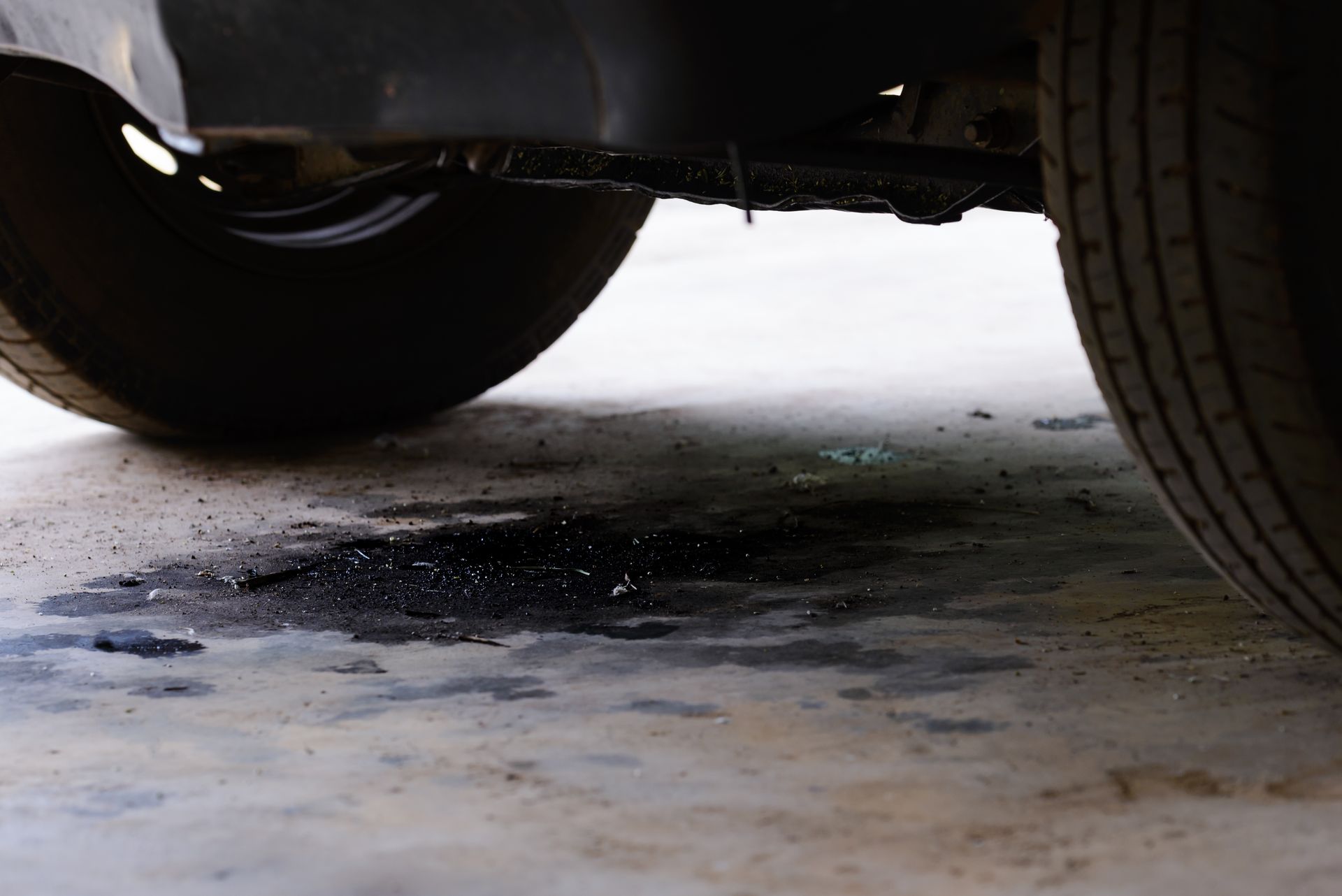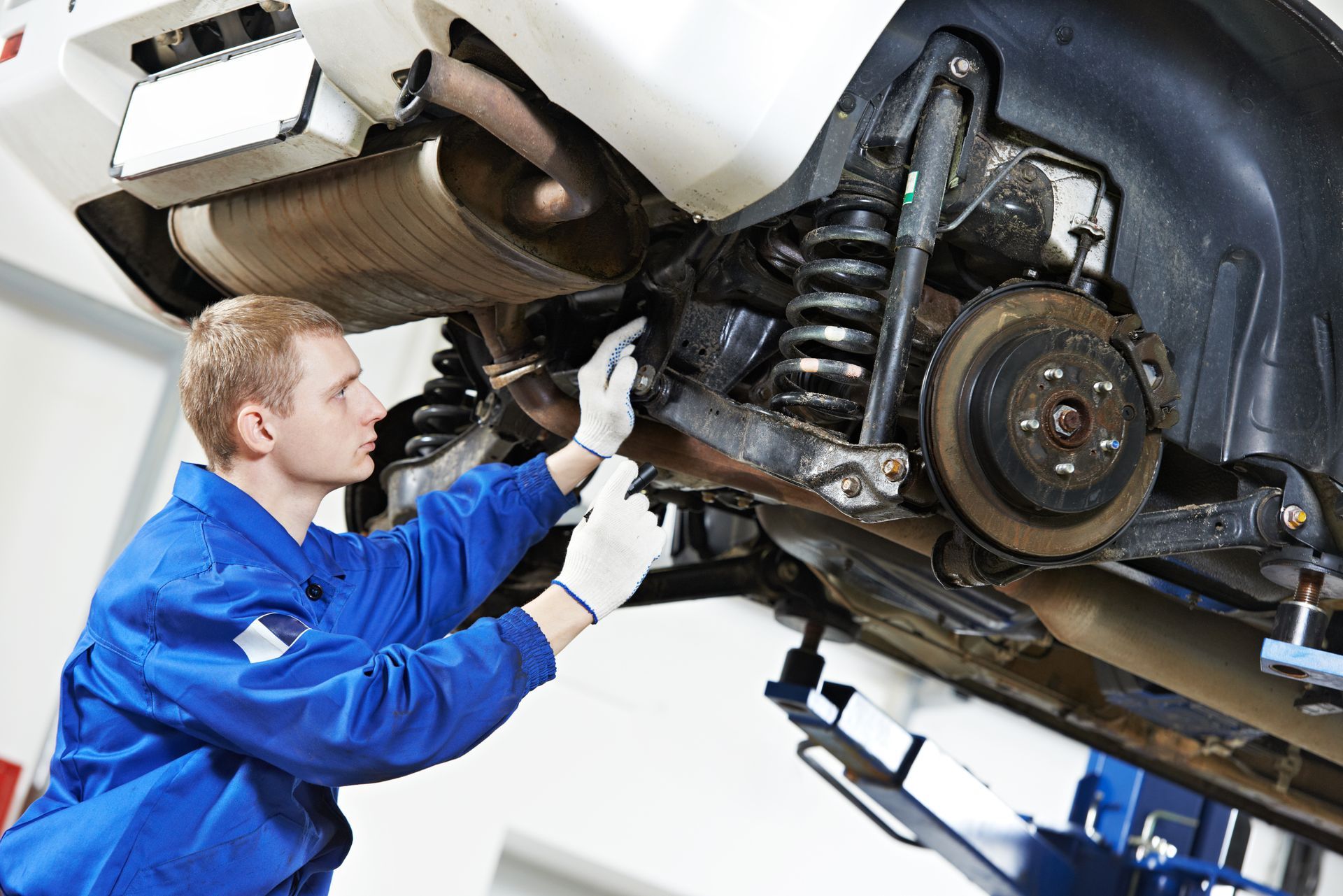Your tires are the only point of contact between your vehicle and the road, making them essential for safe and reliable driving. Over time, tires wear out and can become unsafe to drive on, increasing the risk of accidents and poor performance. Knowing when to replace your tires is crucial for maintaining optimal safety and performance on the road. Below are some key instances when you should consider replacing your tires:
Tread Wear
The most common reason for tire replacement is tread wear. As tires age and accumulate miles, the tread gradually wears down, reducing traction and grip on the road. Inspect your tires regularly for signs of tread wear, such as shallow tread depth or uneven wear patterns. If the tread depth is worn down to 2/32 of an inch or less, it's time to replace the tires.
Sidewall Damage
Damage to the sidewall of a tire can compromise its structural integrity and increase the risk of a blowout. Inspect the sidewalls of your tires for cuts, bulges, or cracks, which can indicate damage. If you notice any signs of sidewall damage, replace the affected tire immediately to prevent a potentially dangerous situation on the road.
Punctures or Flat Spots
Punctures from nails, screws, or other sharp objects can cause slow leaks or sudden flats in your tires. Additionally, flat spots or uneven wear on the tire surface can affect handling and ride comfort. If you experience a puncture or notice flat spots on your tires, have them inspected by a professional to determine if they need to be replaced.
Age
Even if your tires have plenty of tread depth remaining, they can still degrade over time due to age and exposure to the elements. As tires age, the rubber can become brittle and prone to cracking, increasing the risk of failure. Most tire manufacturers recommend replacing tires every six to ten years, regardless of tread depth, to ensure optimal safety and performance.
Vibration or Noise
Excessive vibration or noise while driving can indicate a problem with your tires, such as a belt separation or internal damage. If you notice unusual vibrations or noises coming from your tires, have them inspected by a professional technician to determine if replacement is necessary.
Seasonal Changes
In regions with significant seasonal changes, it's essential to switch to winter tires for improved traction in cold and snowy conditions. Likewise, switching to summer tires in warmer months can enhance performance and fuel efficiency. If you live in an area with distinct seasons, consider replacing your tires seasonally for optimal safety and performance.
Contact
Auto Smart today to schedule a tire inspection and replacement service. Our expert technicians will ensure your vehicle is equipped with safe and reliable tires for all your driving needs!

